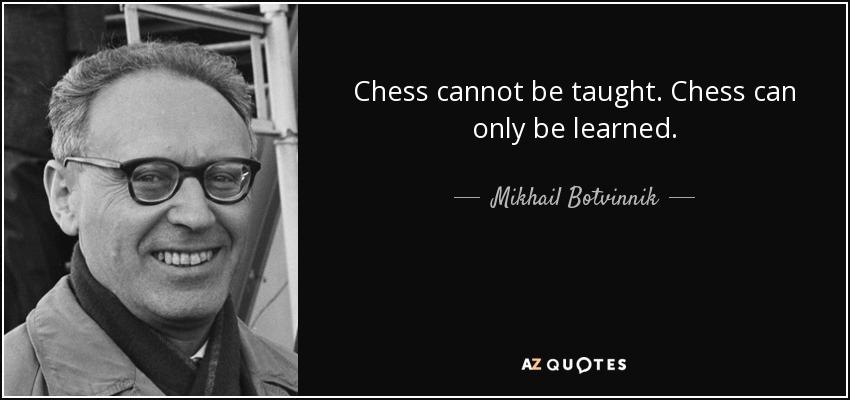
"The Patriarch"
In a monumental work “Timman’s Titans” Dutch chess legend brings firsthand experiences with World Champions. In the chapter about Mikhail Botvinnik, he talks about how influential Botvinnik had been on his chess studies. Preparing for the first grandmaster tournament
“I had taken Botvinnik’s advice to heart in those days, I had started deep and extensive game analyses. This serious work has had a very favorable effect on my play, and it may also have been a determining factor for the jump to the world top that I made later on.”
This is applicable to all player levels. Especially for adult improvers who often wonder what is the most efficient way of spending dedicated time to chess. Analyze and annotate your games. Do the same with other player's games that inspire you. Back then people had to figure out everything by themselves, now we have the mechanical force that can help us navigate. In that regard, I think it would be interesting to see the ratio of people analyzing with or without the help of the computer. Thinking for 1 minute and then turning on the engine doesn't count. Spend at least some time analyzing and then use the engine, that’s probably a modern way to do it.
The same chapter talks about Botvinnik’s irreconcilable and unrelenting personality, “who accepted no other authority than his own.” The total devotion and focus for success at the board. Inspired by the iron discipline of “The Patriarch,” Timman tells the story when he attempted to live like a health maniac for 3 months, as preparation for his first grandmaster tournament.
“The tournament started, and I lost my first five games. I can remember exactly how I felt. During the game, my body was charged with so much energy that I could hardly remain sitting in my chair. After a game, I still had enough energy left to jog around the park several times, but what was the use? The painful start prompted me to take a rigorous decision: I threw all my Spartan habits overboard and returned to my trusted, unhealthy lifestyle, and promptly the points came pouring in.”
“It was impractical to imitate Botvinnik’s disciplined lifestyle. This was not so surprising: for him, it was a familiar situation to be disciplined. For me, it wasn’t.”
Not to encourage unhealthily lifestyle by any means but I think an important lesson to take from here is to figure out what works for you and whatnot. Well, something that drains you out of energy or alters your thinking is probably not a good idea but some people sleep before the round, some go for a walk, some do tactics to get into the zone. Some listen to Hardrock metal music and some of us listen to rap. What motivates you and gets you into that flow state of mind is an individual trait and can only be discovered by the player, have fun with it.
Finally, out of a few examples given by Mr. Timman, there was one curious incident that happened in a decisive 23rd game of the match. Botvinnik was one point behind so he needed to win the final round.
Missing the winning idea is not something unseen at any level but there is more to the story. This was the time when games where adjourned. The way it worked is a player would write the move on the scoresheet and place it in an envelope. After the game, Botvinnik's friend and second during the match, Salo Flohr, ecstatically run to him to tell that position was winning in case of Bb1, but of course, that move had to be the one sealed in the envelope. As we saw, that was not the sealed move. Botvinnik keeps quiet until the next day and only a few minutes before the game does he tell Flohr that he had sealed a different move.
Kasparov and Sosonko assert that Botvinnik was paranoid that information might have leaked to opponent's camp. Timman thinks that it must have been unbearable for Botvinnik that Flohr understood the position so much better than he did. "Such a thing would be hard to accept for someone who accepts nobody but himself as an authority. By informing Flohr only at the last moment, he was able to avoid the humiliation that the latter's comments would induce."
Personality matters. Had Bronstein showed little more tenacity, the chess world would have a different 7th World Champion.
